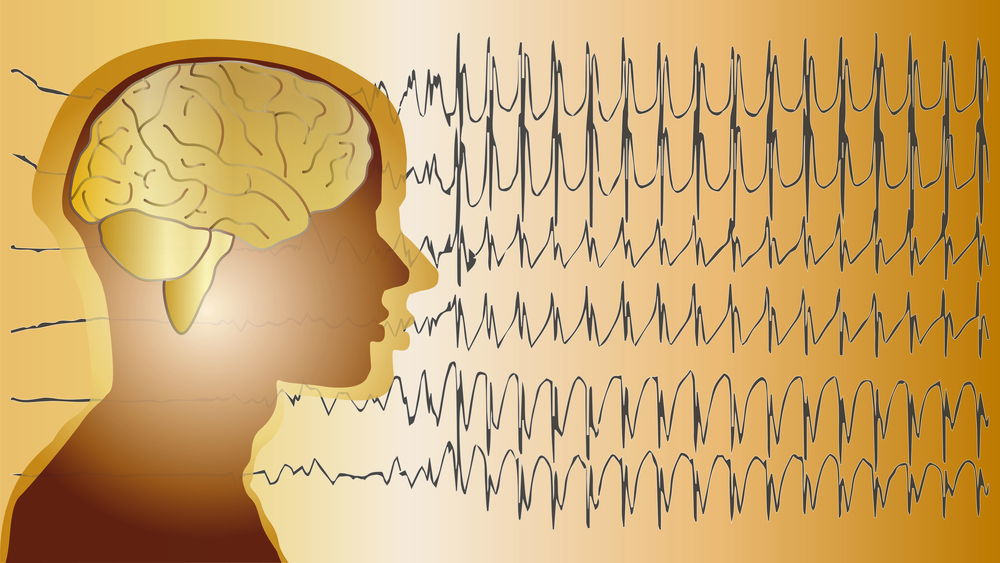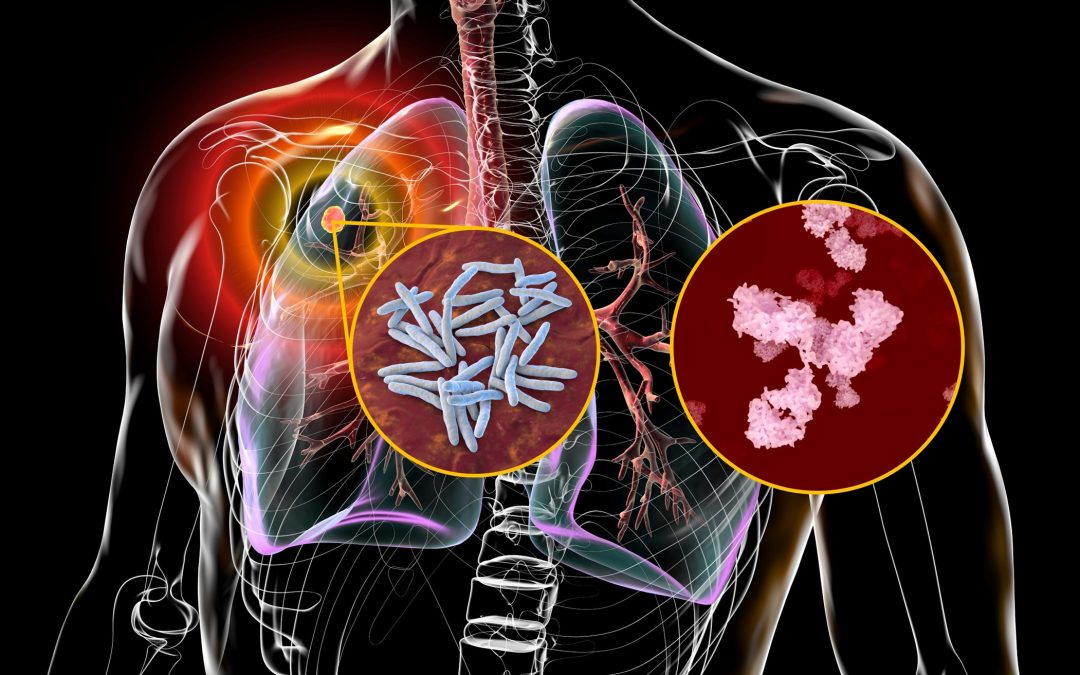
by admin | Jun 12, 2024 | health and medicine
Dr. Christopher Buck, a virologist at the US National Cancer Institute in Bethesda, Maryland, has been working to spread the word about a growing body of scientific literature suggesting that mint and related herbs can help fight Covid infections. In his recent review article, “The Mint Versus Covid Hypothesis,” he makes a case for the idea that decentralized clinical trials could be used to more thoroughly explore this exciting idea.

by admin | Jun 1, 2024 | biology, health and medicine
During brain development, anomalies may arise which lead to serious conditions such as epilepsy, triggering seizures and requiring lifelong monitoring and medication. However, the underlying causes and the way in which these defects occur are not completely understood. Dr Katty (Jing-Qiong) Kang and colleagues at Vanderbilt University Medical Centre in the USA have conducted extensive research into the molecular mechanisms associated with developmental brain disorders, with a focus on genetic epilepsy. They propose novel therapeutic targets to effectively manage symptoms and improve clinical outcomes by targeting the root cause.

by admin | May 9, 2024 | health and medicine
As a medical specialty, anesthesiology has made remarkable progress to deliver patient safety at an incredibly high level, while administering drugs that could potentially be very dangerous at a slightly increased dose. However, just like the case of Icarus, a character in Greek mythology who flew too close to the sun before plummeting back to Earth, success can carry the seeds of failure. The impressive progress towards patient safety could conceivably lead to the extinction of anesthesiology as a specialty. In the context of cutting costs and an environment where the return-on-investment for anesthesiologists is not always clear, there may be a temptation to replace anesthesiologists with other professionals, such as specialized sedation nurses, or with new technologies.

by admin | May 1, 2024 | health and medicine
Dr. P. R. Raghavan, CEO and Chairman of Nanorx Inc., developed Metadichol, a nutritional supplement that has shown potential in treating a range of health issues. Dr. Raghavan suggests that the supplement may help to stave off illnesses such as diabetes and antibiotic-resistant infections.

by admin | May 1, 2024 | health and medicine
Anesthesia in the US is currently delivered through a team-based approach, with physician anesthesiologists supervising certified registered nurse anesthetists. However, in over 20 states, there is no requirement for nurse anesthetists to be supervised by anesthesiologists, allowing them to work independently. This has resulted in a bitter turf war over the rights and responsibilities of physicians and advanced practice nurses working in this discipline to provide patient care, paving the way for daily acrimony and a toxic working environment. The mindset behind this adversarial approach can be compared with a “finite game”, where there are clear winners and losers. Aiming to challenge this dysfunctional tribalism, Dr. Matthew Sherrer from the University of Alabama Birmingham and colleagues have drawn on an alternative mindset: the infinite game.

by admin | Apr 10, 2024 | health and medicine
Tuberculosis – or TB – is a global health threat, with 10 million new cases annually. Diagnosing TB can be a challenge, as there is a lack of rapid, point-of-care diagnostic tests. It can also be difficult to distinguish between TB and other inflammatory diseases, such as Sarcoidosis. One option may be to identify antibodies in patient samples that can reveal the presence of TB. However, current antibody tests for TB lack accuracy. Professor Lobelia Samavati and colleagues at the Wanye State University School of Medicine in Michigan are tackling this challenge to cast light on the immune signature of these diseases. Their aim is to develop new diagnostic techniques for TB and Sarcoidosis.






